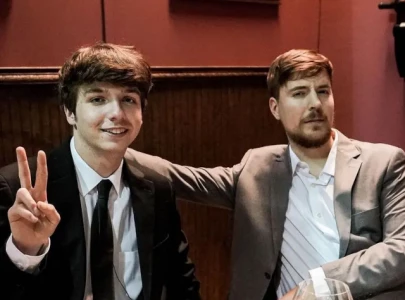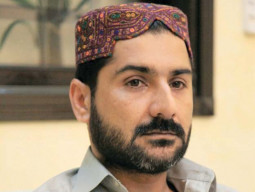
Scientists have come closer to understanding how much one particular gene is responsible for the most common type of Leukaemia or blood cancer in Pakistan.
One-third of 151 patients studied at the National Institute of Blood Diseases had the FLT3 gene whose mutation causes Acute Myeloid Leukaemia (AML). In this cancer, there is a rapid growth of abnormal white blood cells that accumulate in the bone marrow and interfere with the production of normal blood cells.
Each year in Pakistan, up to 8,000 people are diagnosed with different types of blood cancer. In Karachi, it is about 800 annually. Many different genes could cause blood cancer – FLT3 is just one of them. All humans carry the FLT3 gene which helps convert blood stem cells into more mature blood cells. But when it mutates it starts interfering with the way the body differentiates between stem cells.
FLT3’s role in causing leukemia was discovered elsewhere in the world about six years ago. But this is the first time that its prevalence has been studied in Pakistan, said the institute’s director Prof. Tahir Shamsi whose team worked on it for two years.
“Genetic information is important because if a type of blood cancer is common in one population it is not necessarily in another,” said Dr Shamsi. This exploration in our local population is significant because it makes up for one-third of the blood cancers. The researchers also found that it was more common in males.
“When you do not know about your local people’s genetics, you cannot even treat them,” said Pediatric hematologist Dr Saqib Ansari, hailing the breakthrough. “We lack that kind of data for every disease. We give the same treatment to a certain number of patients and wonder why it did not cure half of them.”
Now that this much is clear, the possibility of developing drugs to target FLT3 increases. Scientists will, for instance, be able to study how drug resistant it is. A few drugs are known to have an effect on the FLT3 gene, but they have side effects and since the gene was largely unexplored, no medicines solely target it.
Up till now, AML was treated by either chemotherapy or by bone marrow transplants. Chemotherapy was only 10% successful but cost about Rs400,000 a month and lasted four months. Bone marrow transplants are 40% successful in AML but cost up to Rs2.5 million.
Chemotherapy buys an AML patient six months to a year.
Any news drugs can be expected to increase life expectancy. Drugs will not be much cheaper than chemotherapy, but will spare the patient the agony of chemotherapy. “When a patient’s family is told that there is even the slightest hope of saving him, it will exhaust all its resources on treatment,” said one doctor, who did not want to be named. “People sell their cars, houses, which have a long-term effect on the rest of the family.” However, with this technology, he felt that they could better counsel patients, so that even if they have to compromise some resources they will be a little more sure about the rate of success. Naturally, Dr Shamsi and his team have their work cut out for them. There remain other genes that are the cause of 70% of other types of cancers. He said, however, that NIBD is also researching three other genes responsible for blood cancer.
The NIBD’s theses have been approved at the College of Physicians and Surgeons (CPSP) for publication.
Published in The Express Tribune, August 25th, 2012.
COMMENTS (4)
Comments are moderated and generally will be posted if they are on-topic and not abusive.
For more information, please see our Comments FAQ




1725967717-0/Untitled-design-(3)1725967717-0-165x106.webp)
1730547935-0/Untitled-design-(5)1730547935-0-270x192.webp)











An amazing discovery. I hope very soon the world of health professional will recognize it for a NOBEL Prize. Congratulations.
Dr Shamsi and the entire team at NIBD deserve recognition and praise for their excellent work.
They are leading by example.
So proud of you Tahir Bhai
Tens of hundreds of people turning water-car into a spectacle, but no one encouraging and elaborating on genuine research. No wonder Agha had to resort to sensational claims to get any attention.
Pakistanis are so good at shooting themselves in the foot - either over reacting or under reacting, no sense of balance.